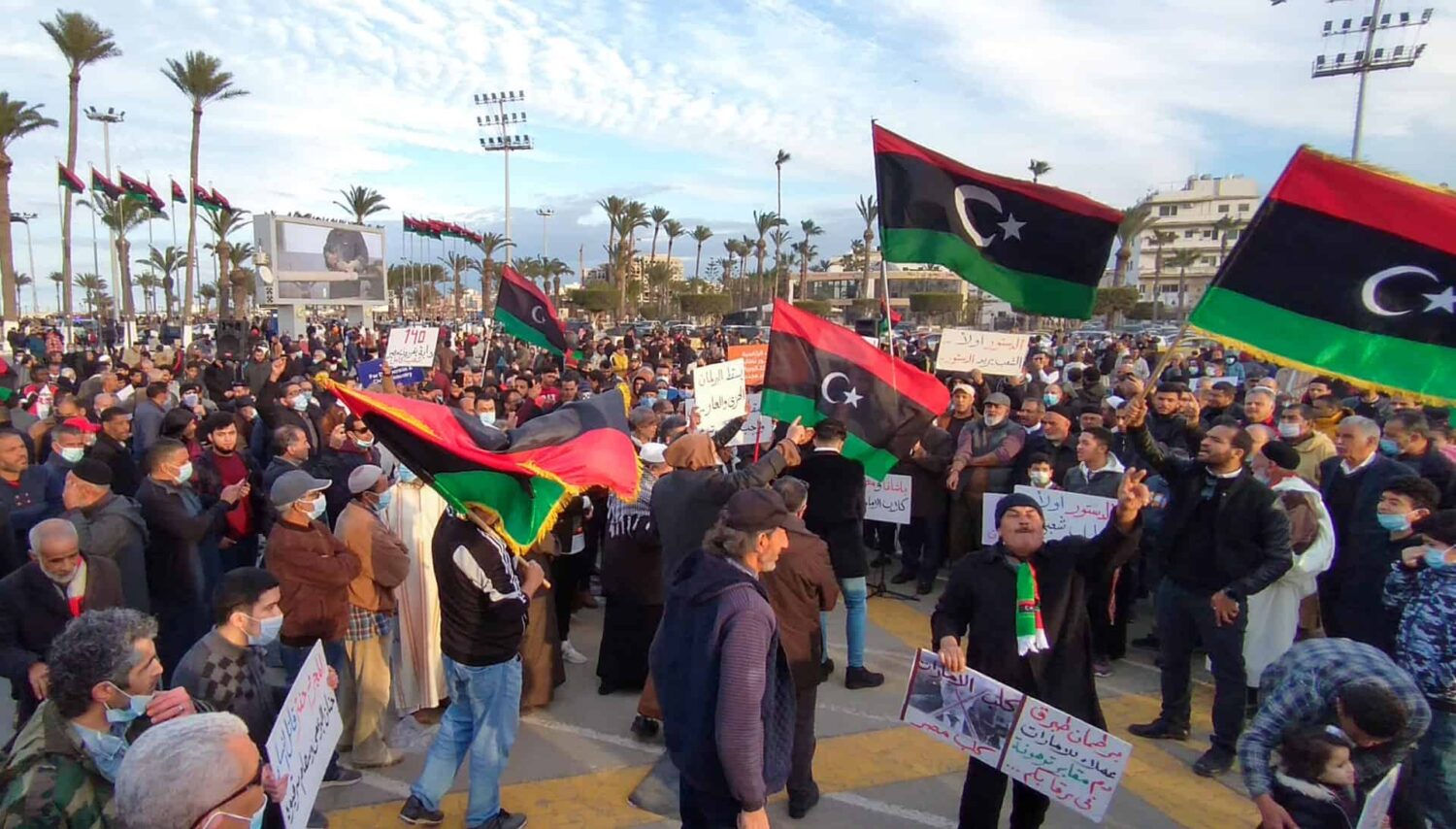TRIPOLI, LIBYA – UN envoy Abdoulaye Bathily called on rival administrations in conflict-torn Libya Saturday to agree terms for elections “by mid-June”, pushing for the long-delayed ballot to be held by year end.
The Senegalese diplomat told the UN Security Council last month he had a new initiative to break a deadlock in talks on the legal basis for presidential and parliamentary elections, initially planned for December 2021.
But Bathily, head of the UN Support Mission in Libya since October, has faced pushback over his blunt criticism of the North African country’s two houses of parliament for failing to reach an agreement.
The UN envoy defended his proposal in a news conference in Tripoli on Saturday, stressing it was “not a foreign-imposed solution”.
“By mid-June, it would be possible for them, after having sat for a few weeks, to come to an agreement on those electoral laws… (and) to put up a clear roadmap.”
Libya has seen more than a decade of stop-start conflict since the 2011 revolt that toppled strongman Moamer Kadhafi, with a myriad of militias forming opposing alliances backed by foreign powers.
It remains split between a nominally interim government in Tripoli in the west, and another in the east backed by military strongman Khalifa Haftar.
Should both administrations agree to negotiate, “it would be possible… by the end of the year to have these elections take place,” Bathily told reporters.
The head of the Tripoli government, Prime Minister Abdelhamid Dbeibah, expressed his support for “Mr Bathily’s efforts”, calling on Twitter Saturday for “fair and impartial elections”.
Backed by Western powers, the UN initiative has been criticized by the administration supported by Haftar in the east, as well as by Russia, which supports it.
Efforts by the Tripoli government to prevent Haftar, a US citizen, from running for president have been a key factor in the stalemate over the legal basis for the elections.
Haftar’s rivals want rules that ban the candidacy of dual citizens and military figures.








